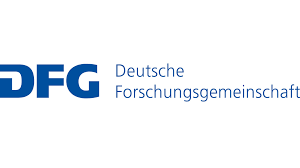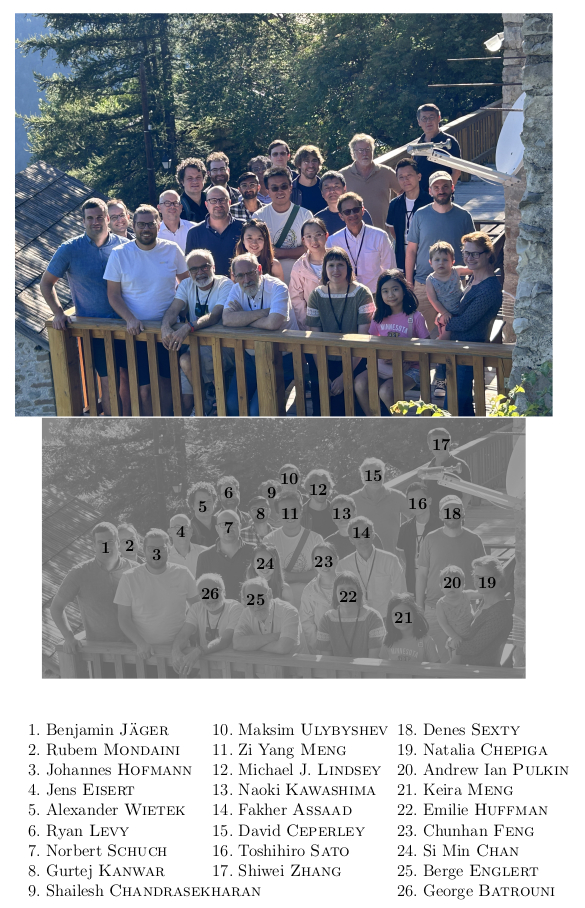
JSF Workshop on the Fermion Sign Problem (JSF-FSP)
(Peyresq, France, 23–30 July 2023)
Organizing Committee — Participants — Workshop ProgramQuantum Monte Carlo (QMC) has become a central tool in several research disciplines. It is used, for example, to calculate the structures of atoms, molecules, nuclei, and elementary particles; it is used to calculate the properties of strongly correlated systems in condensed matter with high temperature superconductivity and topological properties prime targets. A common limiting problem shared across this spectrum of applications is the infamous "fermion sign problem" which appears when the statistical weight of a configuration becomes negative (or, worse, complex). Since the partition function is positive definite, it becomes the difference of two very large contributions, those coming from positive statistical weights and those from the negative ones. This results in huge statistical errors and sets severe limits on the size of the systems that can be studied and their temperatures since the severity of the problem increases exponentially with system size and inverse temperature. This problem also depends on the details of the formulation of the QMC algorithm indicating that its roots are mathematical rather than physical.
This problem, with its wide range of physical applications, has attracted the attention of researchers in several fields including condensed matter, nuclear physics, lattice gauge theory, chemistry, and mathematics. Several approaches are being taken to solve the sign problem or at least reduce its severity. These include complex Langevin equation, Lefschetz thimbles, and other reformulations of the path integral used in the QMC.
JSF-FSP brought together researchers from all these fields to allow for easy exchange of ideas and, so we hope, the emergence of new ones.
The event was supported by a travel grant from the ct.qmat cluster of DFG.


Organizing Committee
George Batrouni (Chair; University Côte d'Azur, France)Fakher Assaad (Würzburg University, Germany)
Berge Englert (JSF; Beijing Inst. Tech., China; Centre for Quant. Tech., Singapore)
Back to top
Participants
Si Min Chan (National University, Singapore)Shailesh Chandrasekharan (Duke University, North Carolina)
David Ceperley (UIUC, Urbana-Champaign, Illinois)
Natalia Chepiga (University of Delft, The Netherlands)
Jens Eisert (Free University, Berlin, Germany)
Chunhan Feng (Flatiron Institute, New York)
Juraj Hasik (Amsterdam University, The Netherlands)
Johannes Hofmann (Weizmann Institute, Israel)
Emilie Huffman (Perimeter Institute, Canada)
Benjamin Jäger (University Southern Denmark, Sonderborg, Denmark)
Gurtej Kanwar (University of Bern, Switzerland)
Naoki Kawashima (University of Tokyo, Japan)
Ryan Levy (Flatiron Institute, New York)
Michael J. Lindsey (UC Berkeley, California)
Zi Yang Meng (University of Hong Kong, China)
Rubem Mondaini (Computational Science Research Center, Beijing, China)
Toshihiro Sato (Leibniz Institute for Solid State and Materials Research Dresden, Germany)
Norbert Schuch (Vienna University, Austria)
Denes Sexty (University of Graz, Austria)
Maksim Ulybyshev (Würzburg University, Germany)
Alexander Wietek (MPI Complex Systems, Dresden, Germany)
Shiwei Zhang (Flatiron Institute, New York)

(Click here to download the group picture.)
Back to top
Workshop Program
Download the workshop program here.Back to top